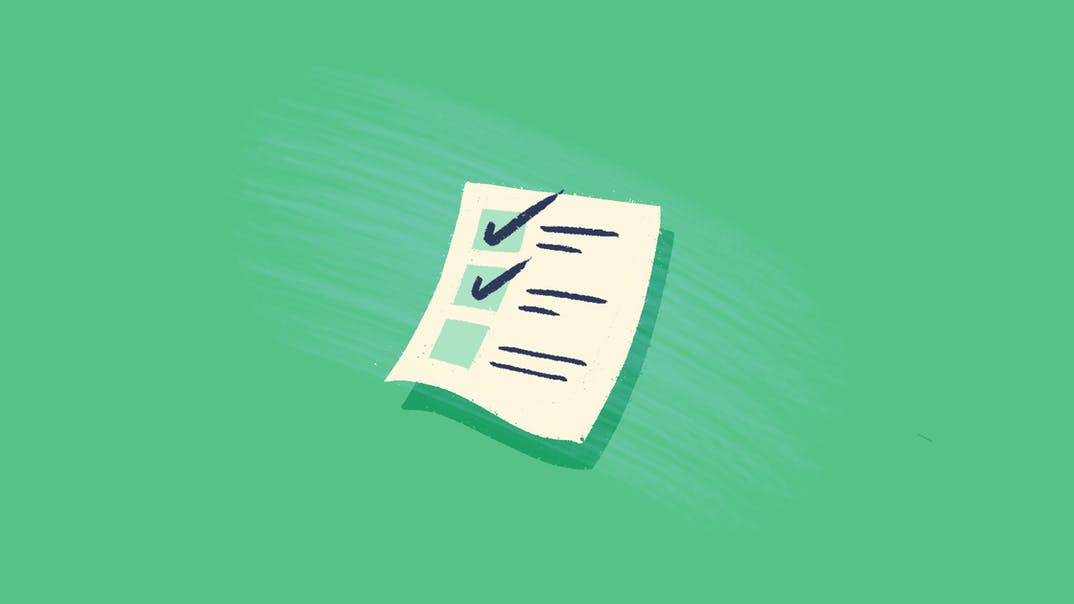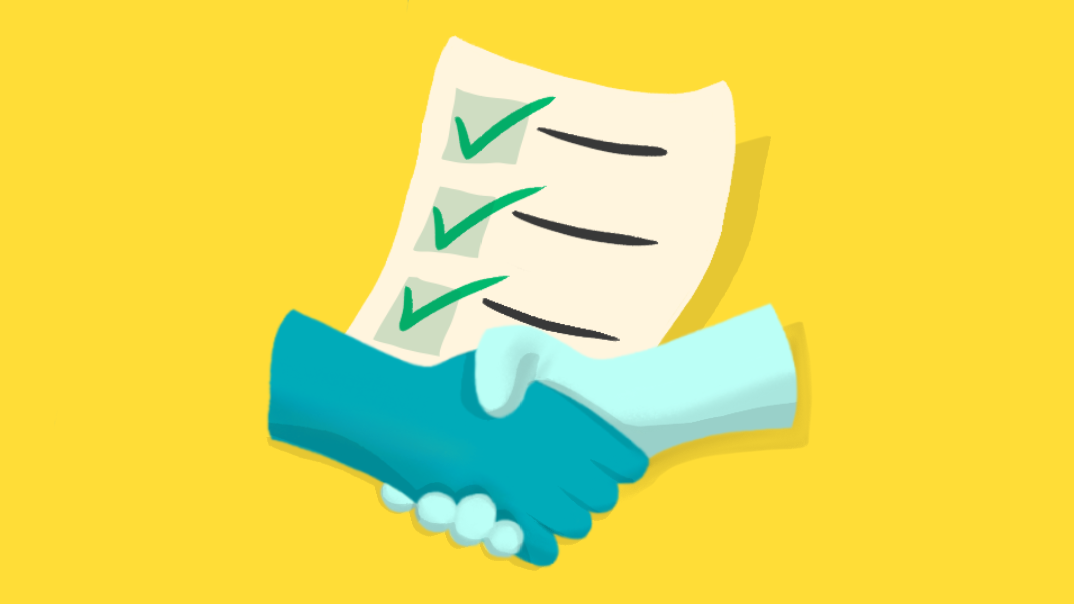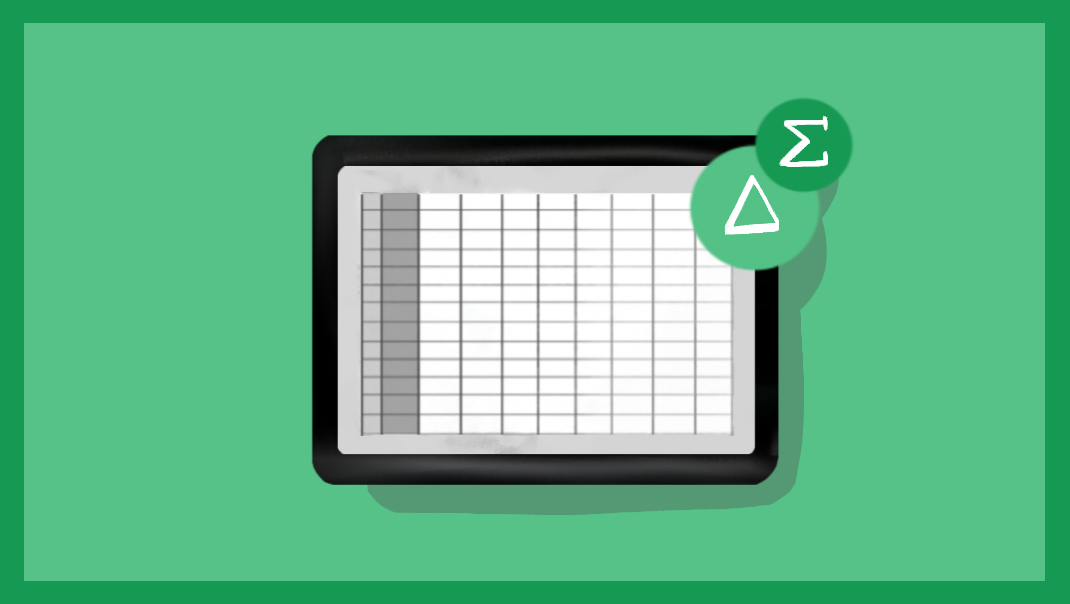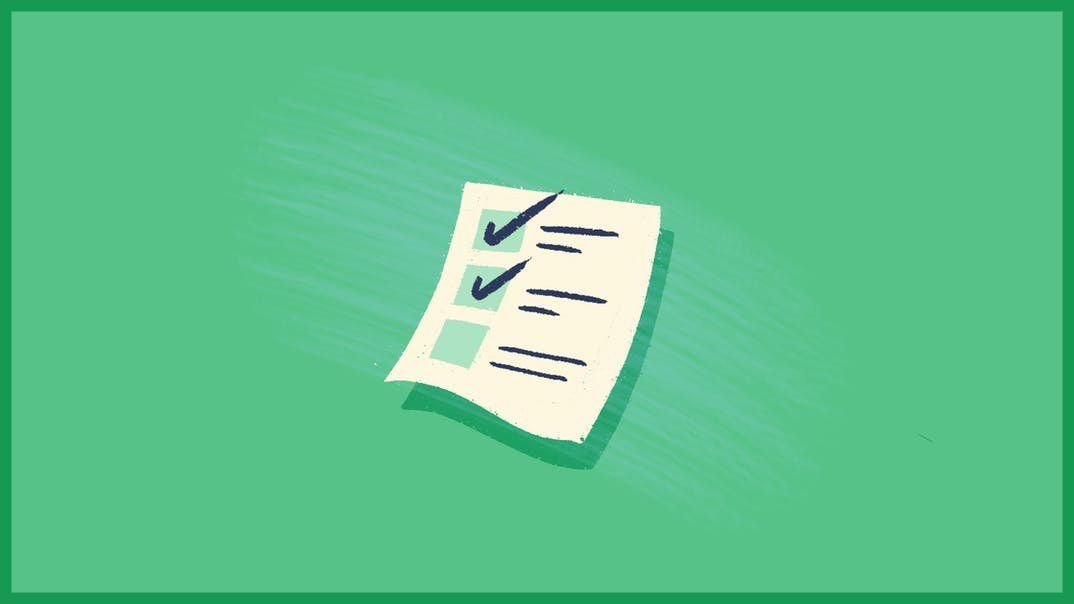These 13 college study tips will help you succeed in your academic career.
Anyone, including college students, can use and apply these study tips, whether a high school student prepping for the SAT or ACT, whether you are an undergraduate student taking 300 and 400-level biology classes, or a graduate student preparing for boards. By applying and using some of the listed study methods below, you will do better with whatever challenge lies ahead.
1. Create a Routine
Students often think that finals week is the hardest, but I’d argue that changing your schedule can make the first couple of weeks more challenging. Creating a daily routine is important to become more efficient and organized, resist bad study habits, and, most importantly, become more proficient in one’s field of study.
2. Track Down Extra Notes
Have you ever watched a movie with a close friend and come up with two different conclusions about what the director was trying to convey?
Like analyzing movies, art, or anything else, even if you and your friend share many opinions, you could differ in how you perceive the world. School, specific classes, or certain topics that can be challenging might also be better understood from different angles.
Ask to borrow your classmate’s notes if you don’t understand an issue or lecture. Classmates might pick up on the information you disregarded as unnecessary, giving a different perspective on the material. If your classmates do not want to provide their notes, see if you can find someone who passed the class previously and ask if they are willing to share their old notes.
If you still can’t find anyone, see if the textbook has any outlines or PowerPoint slides online. (If you have a text handy, take a moment now to check the publisher’s website.)
3. Ask Questions
Asking questions is a great way to double-check one’s thought process! Asking questions can happen in four different ways, and I recommend utilizing all four, especially with more complex subjects.
- Ask questions during the lecture.
- When the material is still fresh in your mind, ask the professor questions right after class.
- Office hours: Spend as much time with the professor as needed, but go in prepared, knowing precisely where your struggles are. It’s not the professor’s job to determine where you need help. Respect their time, and use it wisely.
- Email any remaining specific questions on the day(s) before the exam. Don’t hesitate to ask even last-minute questions because it could significantly affect a test grade.
When asking a question, keep in mind:
- It needs to be specific; figure out what is bothering you and what area(s) you do not understand.
- Use an example when asking a question to make sure it’s clear.
- Have the questions ready, jotting them down before lecture or office hours, so you do not waste time reviewing your notes to find them.
- Bring notes and books along when talking to the professor.
4. Ask Your Classmates for Suggestions
Are you struggling in school or with a particular subject? Ask a successful classmate what they did to study or prepare. We might automatically assume that our friends and peers are all doing the same things, yet sometimes they are not. Asking your classmate for suggestions does not make you look bad; if anything, it shows that you respect their intelligence. You might even discover something new.
5. Study Well in Advance
A common consensus on how many hours we should spend per lecture is two to three hours of studying. For example, if we have a one-hour class four times a week, we should spend between 8 and 12 hours studying a week for that particular course. We need one or two weeks to review the material for most exams. Although it might seem excessive, this allows enough time to prepare even if something unexpected happens to our schedule. Additionally, it’s best to plan for the unexpected.
| Lecture length | Frequency per week | Total hours spent studying per week |
| 1 hour | 4 days | 8 to 12 hours |
| 3 hours | 2 days | 12 to 18 hours |
As finals approach, you will feel more confident with the subject matter, even if the final exam is difficult.
6. Highlighting
Highlighting is different from note-taking. The best way to highlight is NOT to start by highlighting. Instead, we might pick up a highlighter on our second pass through the text.
The goal of highlighting is to create a filtering system for two reasons. First, when the exam is closed, we will only have time to revisit critical areas or key concepts. Second, if we review the material for a cumulative exam after a year, there must be a filter to mean juggling even more information. In both cases, time is a constraint, so it’s best to have a general idea of what areas to focus on first rather than highlighting everything.
My Foolproof Three-Tier Filtering System
On the first pass through the material, read everything. Underline or circle essential words or key concepts with a pen or pencil while reading (a pen is ideal for PowerPoints, packets, and handouts, and a pencil for textbooks). If the whole paragraph is important, bracket it (summary paragraphs might fall under this category).
On the second pass, reread everything, focusing more on the underlined areas. If those areas are still necessary or important, highlight them in YELLOW.
On the third pass, read only the YELLOW highlighted areas. If the YELLOW highlighted areas still seem important, re-highlight them in ORANGE, RED, GREEN, or another color that stands out in a sea of yellow.
How do we use this process to study? On the day before the exam and the day of the exam, focus on the ORANGE highlighted areas (usually about one-fifth of the text). On cumulative exams, we’ll also know exactly where to focus.
Example
Michael Jeffrey Jordan was born on February 17, 1963, in Brooklyn, New York. Later his family moved to Wilmington, North Carolina. Jordan attended Emsley A. Laney High School in Wilmington, North Carolina, and later attended the University of North Carolina at Chapel Hill, where he received a bachelor’s degree in geography. Michael Jordan is known worldwide as one of the best basketball players.
First pass: Read everything and underline the vital information.
Michael Jeffrey Jordan was born on February 17, 1963, in Brooklyn, New York. Later his family moved to Wilmington, North Carolina. Jordan attended Emsley A. Laney High School in Wilmington, North Carolina, and later attended the University of North Carolina at Chapel Hill, where he received a bachelor’s degree in geography. Michael Jordan is known worldwide as one of the best basketball players.
Second pass: Reread EVERYTHING, focusing on the underlined areas. If those areas still seem necessary, highlight them in YELLOW.
Michael Jeffrey Jordan was born on February 17, 1963, in Brooklyn, New York. Later his family moved to Wilmington, North Carolina. Jordan attended Emsley A. Laney High School in Wilmington, North Carolina, and later attended the University of North Carolina at Chapel Hill, where he received a bachelor’s degree in geography. Michael Jordan is known worldwide as one of the best basketball players.
Third pass: Read the YELLOW highlighted areas, and if they are still essential, re-highlight them in ORANGE or RED.
Michael Jeffrey Jordan was born on February 17, 1963, in Brooklyn, New York. Later his family moved to Wilmington, North Carolina. Jordan attended Emsley A. Laney High School in Wilmington, North Carolina, and later attended the University of North Carolina at Chapel Hill, where he received a bachelor’s degree in geography. Michael Jordan is known worldwide as one of the best basketball players.
Helpful hint: It’s not always necessary to do three passes through a text. We might understand and memorize everything on our first pass, and there will be times when it might take more than three passes to grasp the material.
7. Flashcard Use
Flashcards are a great tool to keep in your backpack. Why are flashcards so great?
- They help with reviewing and reinforcing information.
- They help with avoiding the illusion of knowing all the material.
- They help with recalling rather than simply recognizing the information.
The key to using flashcards is repetition. The most basic flashcard setup is question-answer, but they can be used for diagrams, pictures, speeches, and anything else. There are two types of flashcards—paper and computer/digital flashcards—each with advantages and disadvantages.
Paper Flashcard Advantages
- We can edit in ways the computer won’t allow.
- We don’t need to have an electronic device.
- The website might crash or go through maintenance.
- We can quickly jump between cards.
Computer/Digital Flashcard Advantages
- We get through flashcards in less time.
- The graphics are amazing.
- Mobility: we can access them from any digital device.
A common question that students ask is, “When do I study my flashcards?’’ The answer varies based on the subject, but from personal experience, flashcards should be reviewed before rereading the text or notes for the second time. Flashcards shorten the time it takes our brains to memorize and make connections, giving us a more significant benefit when rereading our notes or the book.
8. Assess Your Strengths and Weaknesses
As students, we might forget that we don’t know everything and lack some knowledge, experience, and know-how. Be honest and determine what you’re good at and where you need help. For example, I enjoy history. If I had to read or watch a historical documentary and be quizzed on the subject matter, I would have an easier time than some. Ask family, peers, and professors for their observations. Of course, accepting that we are not perfect can be challenging, but criticism opens the door to improvement and growth.
9. Address a Problem on Your Own
Initially, try to approach any problem alone to think critically. If our friend solves the problem, it gives a false sense of security and leads to the assumption that we understand the material. Approaching the problem alone provides an idea of what we don’t yet understand.
10. Practice Using Old Exams
Some professors provide old exams so that students can familiarize themselves with how the questions are worded. If old exams are not provided, see if the textbook offers practice quizzes or if you can find online exams that cover similar topics. The textbook publisher might also provide practice tests.
11. The Proper Study Environment
Consider identifying three to five study areas, such as libraries, quiet coffee shops, schools, parks, your kitchen table, etc. Using a variety of spaces makes studying more exciting and less routine. Organize and clean the space first. When learning at home, have a designated study room, and try not to use the bedroom. (Ideally, the bedroom should be used only for relaxation and sound sleep.) If you are on your computer, block or uninstall apps for entertainment and eliminate other distractions.
Some students study better with background noise, while others need complete silence to focus. There is a lot of debate in terms of what approach is better. Everyone is different, so consider trying background noise, music, and silence and find what works best for you. Another approach is silence to learn the new concepts, then background noise or music during repetitive practice problems.
12. Adapt
Unlike some other skills, adaptation is transferrable and follows
us into the workforce. We’ve all seen the ups and downs of the economy in the past several years, and how both employers and employees adapt determines whether they continue to have choices and be successful. We might even find ourselves stuck in uncomfortable employment situations without the ability to adapt.
Whether living in a new state, starting your first part-time job, joining new clubs, or being introduced to new educational topics, embrace each opportunity as a chance to learn and improve yourself. These new opportunities might be challenging at first, but don’t give up, learn from your mistakes; in doing so, you will develop your adaption skills that can be used throughout your career.
13. Be Healthy
It is essential to stay healthy as you push your mind and body to their maximum. If you do, you will have great energy, stamina, and mental acuity to apply to your studies. Also, staying fit through college will give you the extra energy to get over any bumps in the road. It’s never too late (or too early) to take your health seriously.
Consider getting annual checkups. Regular checkups with the family doctor or general practitioner can help catch problems early and lead to healthier lives. Eye exams are essential when we ask our eyes to work daily. A slight adjustment in a lens prescription or some vision therapy might help tremendously, allowing students to study longer with fewer problems. Additionally, consider tools like the RESPeRATE blood pressure lowering device, which can also help with mental health by promoting relaxation and reducing stress.
You might have heard the phrase, “You are what you eat.” If you eat nutritious food, you will be healthier. Whether studying at the library, school, or at home, keep a bottle of water and a few healthy snacks handy (rather than risk eating empty calories from vending machines). Other health habits to consider while studying:
- Drinking enough water to stay hydrated.
- Not overeating: It can lead to drowsiness, and it’s not healthy.
- Eating breakfast daily! Even if it’s a small amount of food, it’s still the day’s most important meal.
- Avoiding too much caffeine or sugary foods as it can affect memory.
- Planning and cooking meals: It’s efficient, cost-saving, and nutritious. Do this once or twice a week.














